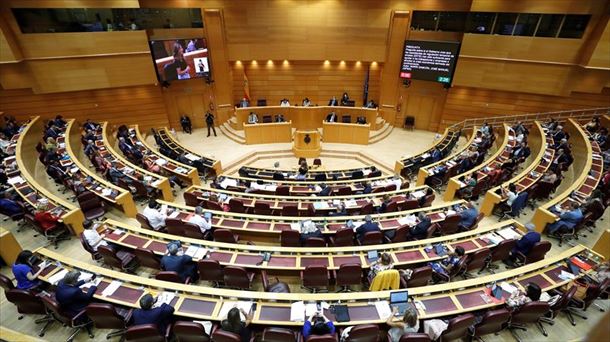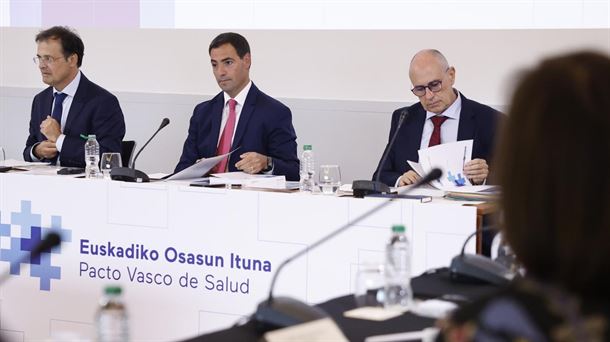Since the EU imposed sanctions on Russian oligarchs and businessmen, about 1.7 billion euros in assets have been frozen in Austria. Due to the new sanctions package, these numbers are expected to increase, the Ministry of the Interior reported on Friday. This makes Austria one of seven countries within the EU where the authorities have been particularly active, Commission spokesman Christian Wigand announced on Thursday. According to this data, EUR 17.5 billion has been frozen so far across the EU.
The assets are tangible and intangible — including real estate, bank accounts and company stock, all of which are scattered nationwide, it said. Further details, including the specific number of individuals, could not be given for “official secrecy and data protection reasons”.
Set up your own task force
In Austria, the Task Force “Sanctions” headed by the Directorate for State Security and Intelligence (DSN) of the Ministry of the Interior is responsible for the implementation of sanctions. The task force is headed by Deputy Director DSN David Blum.
In practice, assets are ‘frozen’ as follows: the European Commission, in cooperation with the Member States, first announces who the EU sanctions will be directed against (natural or legal persons). The competent authorities in Austria then conducted investigations, which depended on the type of goods the sanctioned legal entities were dealing with, the interior ministry said. These can also be activated by the right information. In the case of immovable property, for example, the Land Registry checks whether a sanctioned person is registered. If there is a hit, the competent court is informed that this is a sanctioned property.
The National Bank provides bank accounts
The case with bank accounts is different, as the Austrian National Bank takes appropriate measures here so that the sanctioned person does not have access to their assets. In the case of assets that are not in the proper official records, identification and freezing is much more difficult. The specific procedure always differs from case to case.
“Only a fraction of sanctioned individuals and companies in the EU have a direct connection to Austria. We are therefore in close contact with our European partners to ensure the cross-border implementation of sanctions,” explains Blum.
Source: Krone
I’m an experienced news author and editor based in New York City. I specialize in covering healthcare news stories for Today Times Live, helping to keep readers informed on the latest developments related to the industry. I have a deep understanding of medical topics, including emerging treatments and drugs, the changing laws that regulate healthcare providers, and other matters that affect public health.



